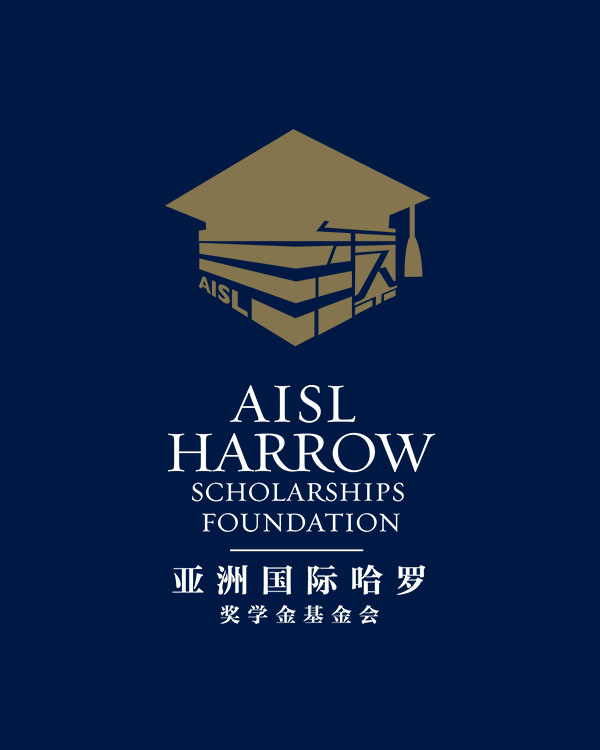Two years ago, a ‘prompt engineer’ was someone who could be relied upon to complete a project on time. Today, the AI start up Anthropic pays a salary of up to US$375,000 for a prompt engineer to build a library of instructions for its Claude model. The emergence of such specialised and lucrative new roles within a span of just a few years exemplifies a broader challenge: accurately anticipating the skills needed in the future job market is becoming harder than ever as the rise and reach of AI advances at breakneck speed.
AI is already changing the nature of work and will transform aspects of it beyond recognition in the next five years. Goldman Sachs economists Joseph Briggs and Devesh Kodnani argue that AI tech could expose the equivalent of 300 million full-time jobs to automation. Whilst the report claims that automation does not necessarily equate to layoffs, as AI will often augment rather than replace jobs, PwC’s 2024 Annual Global CEO Survey cautions that a quarter of CEOs are expecting to reduce headcount by at least 5% in 2024 due to generative AI. Cuts have already been announced at IBM, BT Group, Citigroup and Klarna, and it’s AI wielding the knife.
JOB ELIMINATION, AUGMENTATION AND CREATION
New technology has always led to the elimination of low-complexity, repetitive jobs, from switchboard operators to film projectionists. What is striking this time is the impact at pace of AI on many aspects of high-complexity jobs too. Advances in telecommunications and personal computing were at least tempered by cumbersome infrastructure requirements – banks of phones and PCs couldn’t be installed in every business overnight – but powerful AI platforms are already in the hands of everyone, from seasoned C-suite exec to fresh-faced intern, and will only get better.
Towards the top of the list of those occupations with greatest exposure to generative AI models, according to a 2023 paper by Felten, Raj and Seamans and the World Economic Forum’s Jobs of Tomorrow (2023) report, are a host of highly-paid, high-complexity roles: post-secondary teachers, HR specialists, judges, clinical psychologists, management analysts, architects, engineers and software developers. These jobs will not vanish completely but they will change radically, with AI handling or augmenting much of the daily grind. If scanning your own groceries at a self-service checkout once seemed futuristic, prepare to speak to a therapist bot, assess your company’s efficiency using an AI analyst, and design your home office with the help of an automated architect.
AI is eliminating and transforming current jobs. It is also creating new occupations, from prompt engineer to data curator, interface designer to ethics specialist. These roles offer some consolation in the face of large job losses predicted in worst-case scenarios; however, they also add to the sense of bewilderment felt by young people today. With well-established jobs facing elimination, others being augmented significantly, and new careers and industries springing up seemingly overnight, how can schools cultivate in their students the skills to study, work and thrive in the AI Age?
Click the button below to continue reading:
Source of Article:
This blog post is from Education Matters, Volume 1 – Issue 2, published by AISL Academy, p 38-41.
References
- Briggs, J. and Kodnani, D. (2023) The Potentially Large Effects of Artificial Intelligence on Economic Growth. Goldman Sachs. Available at: https://www.gspublishing.com/content/research/en/reports/2023/03/27/d64e052b-0f6e-45d7-967b-d7be35fabd16.html (Accessed: 13 April 2024)
- Felten, E.W., Raj, M. and Seamans, R. (2023) ‘Occupational Heterogeneity in Exposure to Generative AI.’ SSRN Electronic Journal. Available at: https://doi.org/10.2139/ssrn.4414065 (Accessed: 13 April 2024)
- PwC (2024). PwC’s 27th Annual Global CEO Survey. Available at: https://www.pwc.com/gx/en/ceo-survey/2024/download/27th-ceo-survey.pdf (Accessed: 13 April 2024)
- World Economic Forum (2023). Jobs of Tomorrow: Large Language Models and Jobs. Available at: https://www3.weforum.org/docs/WEF_Jobs_of_Tomorrow_Generative_AI_2023.pdf (Accessed: 13 April 2024)







